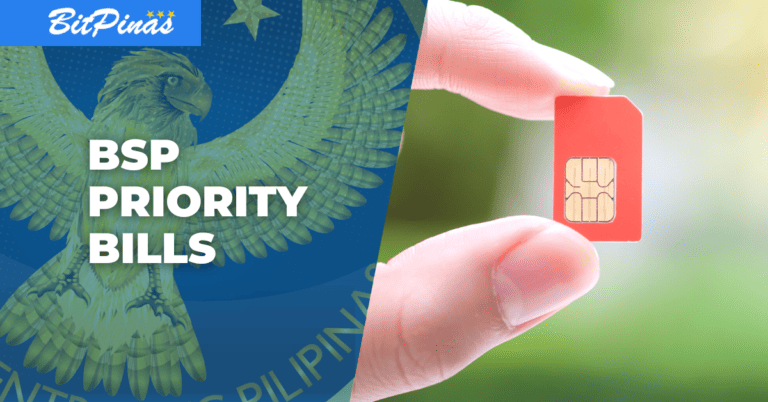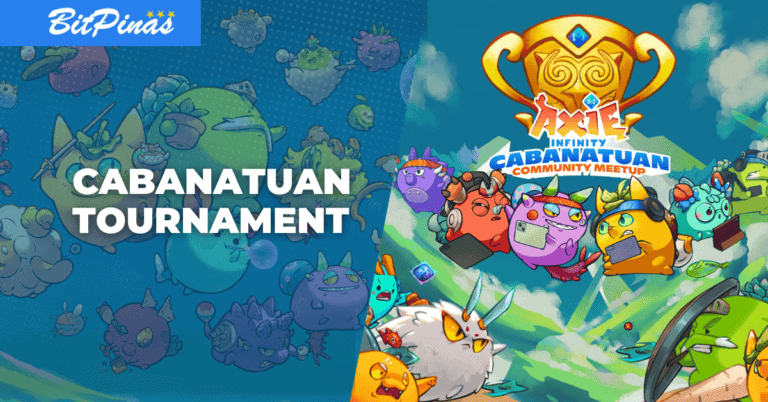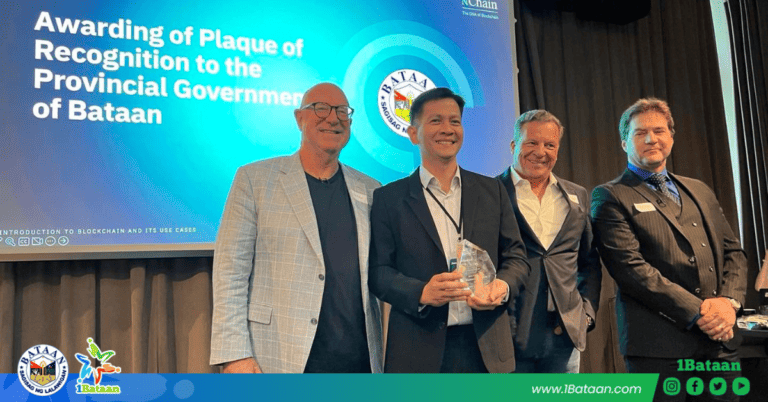Former SEC President on Why Krops ICO is a Sale of Securities
Writing for a newspaper column, the former SEC president elaborates the reasons why the Krops ICO can be regarded as a sale of securities.

When the Securities and Exchange Commision (SEC) ordered a halt in the selling of Krop Coins, a token that is supposed to raise funds for agricultural projects and is led by embattled businessman Joseph Calata, in an ICO, the agency based this on its interpretation of the Securities and Regulations Code. Simply put, Krop Coins are classified as securities, and must, therefore, be registered to the agency.
But what makes it a “security”? Mr. Francis Lim, the former president of the Securities and Exchange Commission penned his thoughts about the matter on news publication site Inquirer.

What is KROP?
Krops is a mobile application that connects agricultural producers directly to buyers, eliminating the middleman. It is led by Mr. Joseph Calata, whose other agri-business – Calata Corp, was recently delisted in the Philippine Stock Exchange over disclosure violations.
The Krops ICO, on the other hand, is offered by Black Cell Technologies, Mr. Calata’s firm that is based in Hong Kong. Funds from the ICO will be used to help develop Krops’ agricultural programs.
The Krop Coins will also be traded at cryptocurrency exchanges, which means its value may go up and down depending on demand.
- Read more: Know more about KROP in this article.
KROP coins as securities
During Mr. Calata’s interview with Ms. Cathy Yang on ANC, he insisted that the Krop coins are mere tokens and not securities. Mr. Lim shared lines in the country’s Securities Regulation Code that discredits Mr. Calata’s claim that Krops is a token and not a security. According to the law, securities are:
“shares, participation or interests in a corporation or in a commercial enterprise or profit-making venture and evidenced by a certificate, contract, instrument, whether written or electronic in character.” – Securities Regulation Code (SRC)
With this definition in mind, KROP coins fall under interests in a profit-making venture and the use of an electronic instrument.
- Read more: SEC’s Decision to stop Calata-led KROPS ICO.
KROP coins as investment contracts
From the definition of the SRC, it may also fall under investment contracts. There are tests that can determine whether something is an investment contract or not:
Howey Test
“a contract, transaction or scheme is an investment contract where a person (a) invests his money (b) in a common enterprise (c) with an expectation of profits (d) solely from the efforts of others.” – SEC v. W.J. Howey Co. (328 US 293 [1946]), case in the US
Turner Test
Turner Test (SEC vs. Turner (474 F.2d 476, 9th Cir. 1973)) is the same as the Howey Test but the “profits” were already discussed “primarily” from the efforts of others.
Since our country’s SRC doesn’t define investment contracts, the test that will be used by authorities might be the Turner Test, because, according to Mr. Lim, it was used by the regulator before.
The appreciation of Krop Coins’ value is not the influence of one investor, but because of the collective agreement of its price in the exchange by buyers and sellers. Thus, the profit you will get from each Krop Coin is primarily from the effort of others.
KROP coins’ implications
According to Mr. Lim, without registration, KROP can face a lot of legal implications if they are sold to the public.
However, will all these weighing down on KROP Coins, Mr. Calata stated on the interview that he will still continue with the ICO.
One of Mr. Calata’s cards is the fact that the firm offering the ICO is based in HK. On Krops’ website, it mentioned that the ICO is not open to US residents and to countries where participation is not allowed. This is a clear indication of discouraging anyone from the Philippines to join. Technically, it’s a way of avoiding complications with Philippine laws.
However, as Krops reaches its 75% target from its ICO funding, everyone familiar with the situation between Mr. Calata and the SEC could be watching from the sidelines, for now, wondering who moves next and what moves will those be.
Source: Mr. Francis Lim on the Business Inquirer





